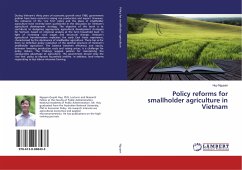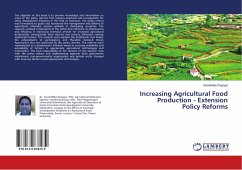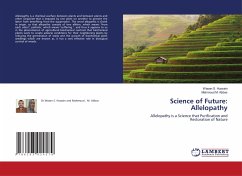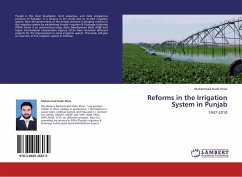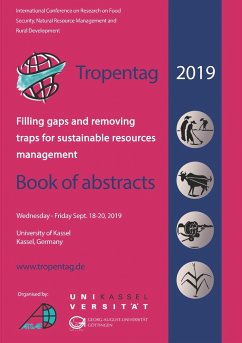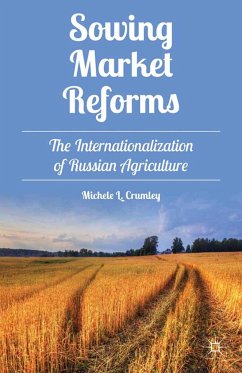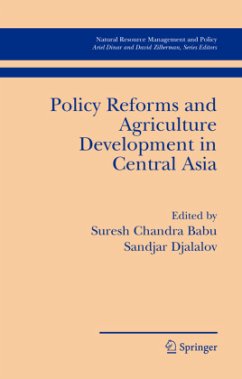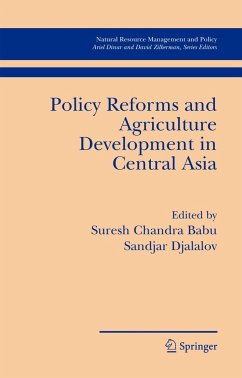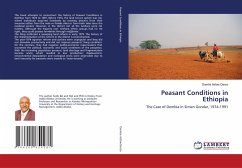
Peasant Conditions in Ethiopia
The Case of Dembia in Simen Gondar, 1974-1991
Versandkostenfrei!
Versandfertig in 6-10 Tagen
58,99 €
inkl. MwSt.

PAYBACK Punkte
29 °P sammeln!
This book attempts to reconstruct the history of Peasant Conditions in Dämbya from 1974 to 1991. Before 1974, the land tenure system was rist, where individuals acquired farmlands by claiming descent from their ancestors either from the male or female sides or from both sides since the medieval period. However, in the district not all the Amhara were rist holders. Although the majority non- Amhara ethnic groups had no rist right, they could possess farmlands through mättämän.The Derg instituted a sweeping land reform in early 1975. The history of the implementation of the reform in the dis...
This book attempts to reconstruct the history of Peasant Conditions in Dämbya from 1974 to 1991. Before 1974, the land tenure system was rist, where individuals acquired farmlands by claiming descent from their ancestors either from the male or female sides or from both sides since the medieval period. However, in the district not all the Amhara were rist holders. Although the majority non- Amhara ethnic groups had no rist right, they could possess farmlands through mättämän.The Derg instituted a sweeping land reform in early 1975. The history of the implementation of the reform in the district is reconstructed. The post-1974 agrarian reform and policies were unpopular and they did not stimulate productivity and did not improve peasants' living condition. On the contrary, they had negative politio-economic repercussions that worsened the political, economic and social conditions of the peasantry. With the increasing population pressure, land shortage and fragmentation became acute, which resulted in low production; displacement, environmental degradation and ecological stress were observable due to land insecurity for peasants were treated as "state-tenants."



